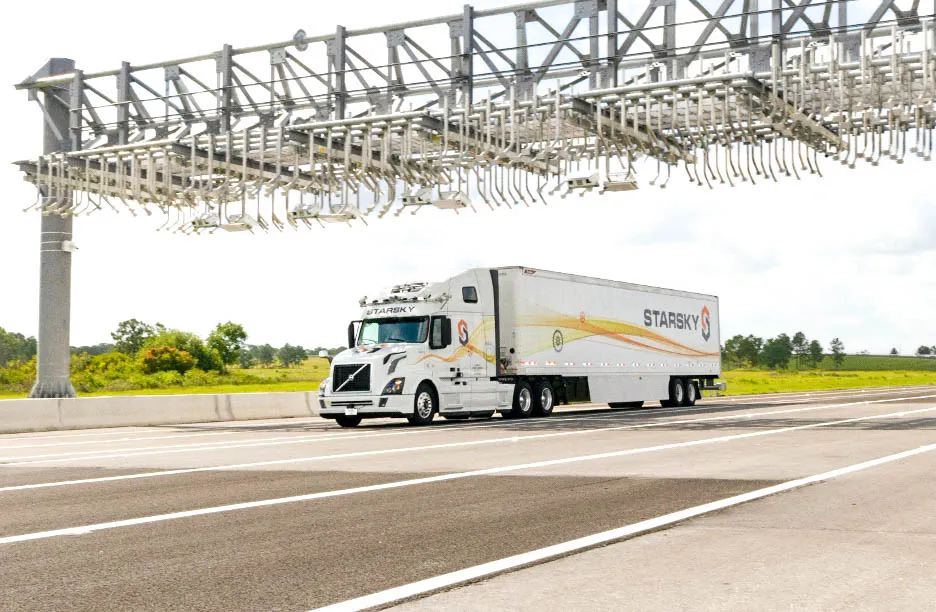Congestion pricing is the solution to inner city traffic gridlock, according to
Speaking at the
He also highlighted Singapore’s plans to have satellite tolling on all cars in 2020 and noted that almost all new cars are already fitted with SIM cards and GPS adding: “The cost of the technology is nothing.”
Furthermore, as satellite technology allows tolling and congestion pricing to be levied on any and all roads, he predicted that instead of paying one large charge when entering a city or corridor, “we will be paying a lot of congestion charges for each journey”.
He said that without congestion pricing, self-driving cars would cause gridlock and predicted that the introduction of such charging will be made more palatable by a new generation of car-pooling platforms.
“Technology is getting better at finding the ideal [car-pooling] partner,” he said. “Splitting the congestion charge three ways makes it more affordable.”
There will be a full report from the IBTTA conference in the May-June edition of ITS International
Microsoft predicts ‘pay as you-go’ solution to congestion
Congestion pricing is the solution to inner city traffic gridlock, according to Microsoft’s chief economist, Michael Schwarz.
Speaking at the IBTTA’s Annual Technology Summit in Orlando, Florida last week, Schwarz said “traffic will be a thing of the past”, citing the difference between the traffic volumes in the free use and managed lanes as evidence.
He also highlighted Singapore’s plans to have satellite tolling on all cars in 2020 and noted that almost all new cars are already fitted with SIM car
April 9, 2019
Read time: 2 mins








